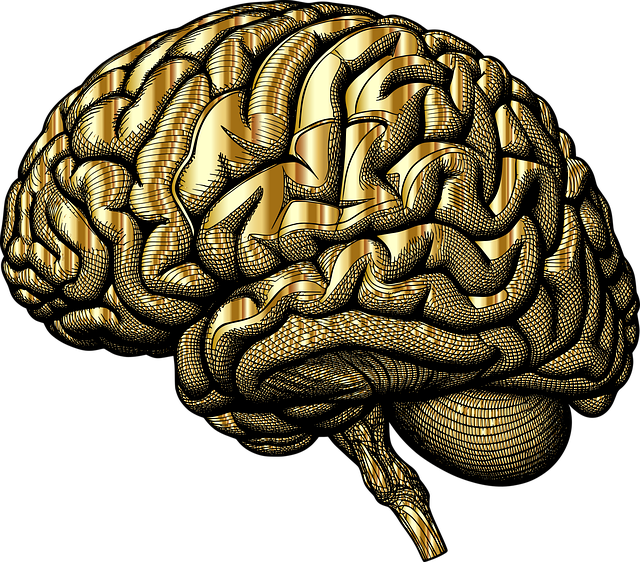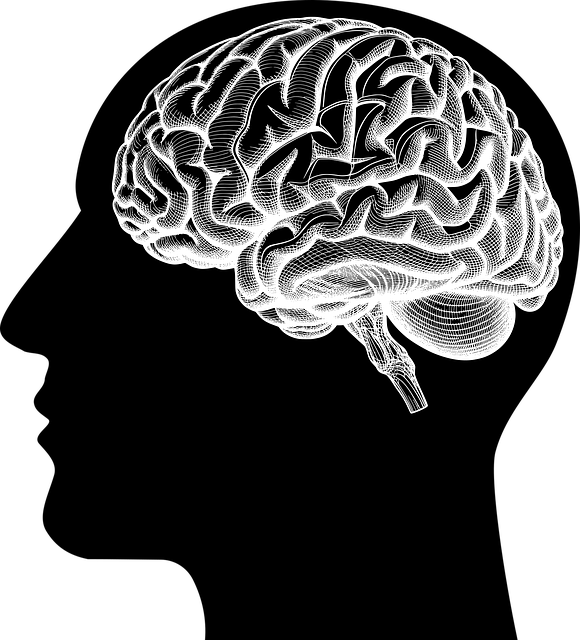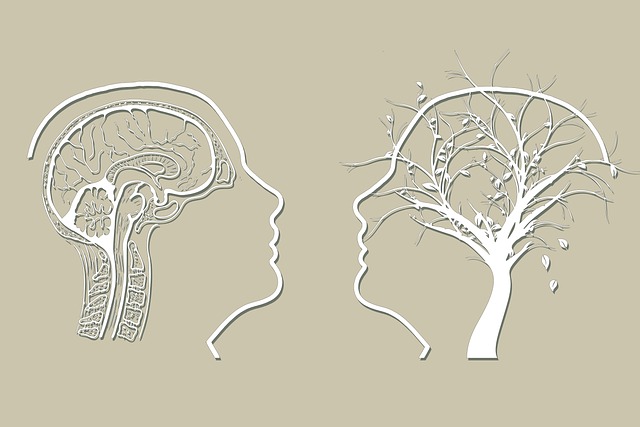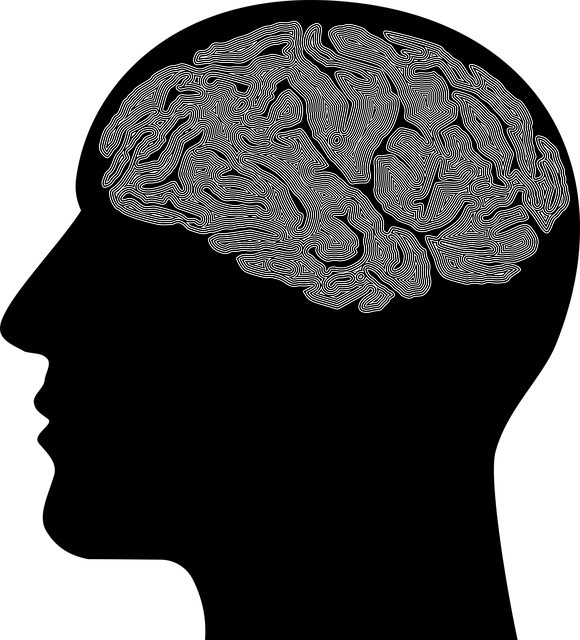Centennial Couples Counseling Therapy prioritizes understanding mental health data through diverse collection methods, including clinical assessments, client self-reports, and observational notes. This multi-dimensional approach enables advanced statistical analysis using predictive modeling and sentiment analysis to identify common challenges and tailor interventions. Interpreting results guides therapists in personalizing treatment plans based on trends and patterns, enhancing emotional healing and inner strength development for couples seeking counseling. The data-driven insights from Centennial Couples Counseling Therapy improve clinical practice, contribute to robust Mental Health Policy Analysis, and ultimately fortify the broader mental health support system.
Mental health data analysis has emerged as a powerful tool, offering critical insights into understanding complex human behaviors. This article delves into the world of mental health data, exploring its collection from various sources and the techniques employed for in-depth analysis. We uncover patterns and trends through robust interpretation methods, highlighting their practical applications in clinical settings. Specifically, we focus on Centennial Couples Counseling Therapy, demonstrating how data-driven insights can enhance therapeutic approaches, ultimately improving patient outcomes.
- Understanding Mental Health Data: Collection and Sources
- Data Analysis Techniques for Mental Health Insights
- Interpreting Results: Uncovering Patterns and Trends
- Applying Findings in Clinical Practice: The Role of Centennial Couples Counseling Therapy
Understanding Mental Health Data: Collection and Sources

Understanding Mental Health Data is a pivotal first step in any analysis, and it’s no different when exploring the landscape of couples counseling. At Centennial Couples Counseling Therapy, we recognize that data collection involves gathering insights from diverse sources to paint a comprehensive picture of emotional well-being. This includes clinical assessments, client self-reports, and observational notes made during therapy sessions. Each source offers unique perspectives on individuals’ mental health journeys, ensuring a multi-dimensional understanding.
The process involves capturing not just symptoms but also the underlying factors contributing to them. By integrating data from various sources, therapists can identify patterns, track progress over time, and tailor interventions to support clients in their emotional healing processes and inner strength development. This holistic approach to mental health data analysis facilitates more effective treatment strategies, ultimately aiding in achieving better outcomes for couples seeking counseling.
Data Analysis Techniques for Mental Health Insights

In the realm of mental health services, data analysis plays a pivotal role in gaining valuable insights that can shape effective treatment strategies and inform policy decisions. For instance, Centennial Couples Counseling Therapy leverages advanced statistical methods to analyze trends within its client base, identifying common challenges faced by individuals seeking therapy. Through this data-driven approach, therapists can adapt their practices, ensuring tailored interventions for diverse mental health needs.
Techniques such as predictive modeling and sentiment analysis are instrumental in uncovering hidden patterns. By examining factors like demographic data, initial consultation notes, and treatment outcomes, mental health professionals can identify risk indicators and develop proactive measures. Moreover, integrating feedback from clients through surveys or qualitative assessments contributes to a comprehensive Mental Health Policy Analysis and Advocacy, guiding the implementation of successful Community Outreach Program Implementations focused on promoting Self-Care Practices.
Interpreting Results: Uncovering Patterns and Trends

Interpreting results is a crucial step in mental health data analysis, where patterns and trends emerge, offering valuable insights into client experiences and treatment effectiveness. Through systematic evaluation, practitioners at Centennial Couples Counseling Therapy employ evidence-based strategies to decipher complex datasets, such as identifying common challenges faced by individuals seeking therapy or recognizing specific interventions that yield positive outcomes. This process involves applying the Mind Over Matter Principles, encouraging clients to confront and overcome mental barriers. By delving into the data, therapists can assess the impact of their practices and tailor treatments accordingly.
For instance, a risk assessment for mental health professionals might reveal patterns indicating higher stress levels among certain demographics, prompting the development of targeted programs focused on inner strength development. This level of analysis not only improves clinical decision-making but also fosters continuous improvement in therapeutic approaches. Understanding these trends allows counselors to adapt their methods, ensuring personalized care and enhanced client outcomes, ultimately contributing to a more effective mental health support system.
Applying Findings in Clinical Practice: The Role of Centennial Couples Counseling Therapy

Applying the insights gained from mental health data analysis directly enhances clinical practice, particularly within the realm of Centennial Couples Counseling Therapy. This therapeutic approach leverages the power of understanding and interpreting individual and collective mental health trends to tailor interventions more effectively. By integrating findings from data analysis, therapists can design personalized treatment plans that address specific challenges faced by couples. For instance, identifying prevalent stress management issues through data can lead to incorporating Mindfulness Meditation techniques into counseling sessions, empowering partners with tools to navigate stressors together.
Moreover, the insights derived from such analysis contribute to the continuous improvement of healthcare provider training programs, including Cultural Competency Training for Stress Management Workshops Organization. This ensures that therapists are equipped to address a diverse range of mental health concerns while fostering inclusive and effective therapeutic environments. Ultimately, the strategic application of data-driven findings in Centennial Couples Counseling Therapy not only improves individual outcomes but also strengthens the overall mental health ecosystem.
Mental health data analysis is a powerful tool for understanding complex human behaviors and experiences. By leveraging advanced techniques and interpreting results thoughtfully, professionals like those practicing Centennial Couples Counseling Therapy can gain valuable insights into patient populations. This allows for more tailored interventions, improved outcomes, and ultimately, enhanced well-being for those seeking support. Through continuous evaluation and adaptation, mental health services can evolve to better meet the needs of individuals and communities.














